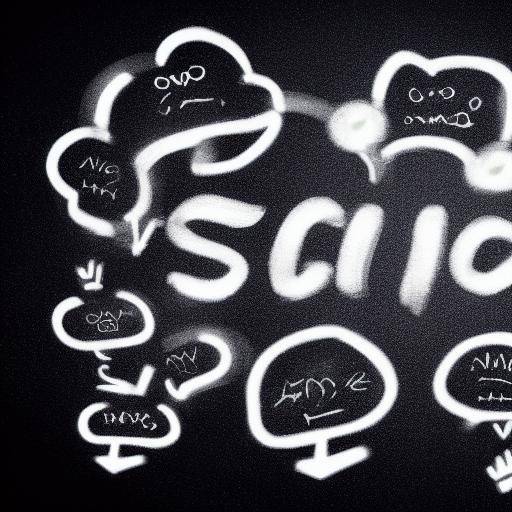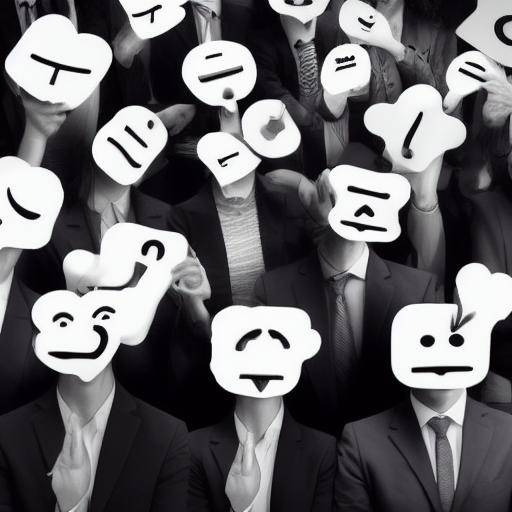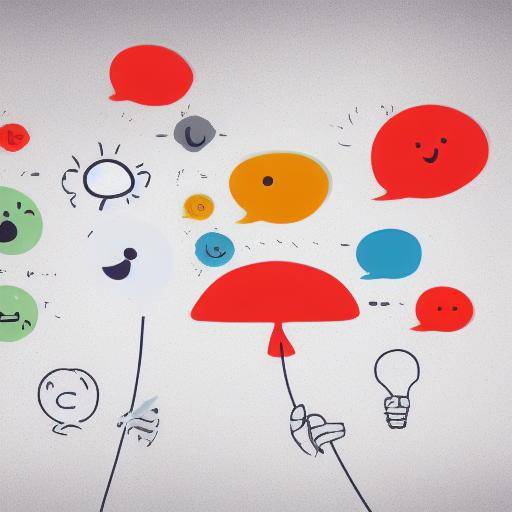
Introduction
The concept of self-regulation in emotional intelligence is fundamental to emotional well-being and personal development. The ability to regulate our emotions, thoughts and behaviors influences how we relate to others, how we face the challenges of life and how we achieve success. In this article, we will explore in depth the impact of self-regulation on emotional intelligence, its history, benefits, challenges, practical applications, future trends and much more.
History and Background
Self-regulation and its relationship with emotional intelligence date back to the psychological theories of the twentieth century. Since the first work of psychologists such as Daniel Goleman and Howard Gardner, the critical role of self-regulation in the development of emotional skills has been recognized. The evolution of these ideas has led to more concrete emotional self-regulation practices that have demonstrated significant impacts on mental health and emotional well-being.
The understanding of self-regulation has experienced key advances over the decades, with research that has deepened its mechanisms and effects. Today, self-regulation is considered a cornerstone of emotional intelligence, contributing significantly to stress management, decision-making and interpersonal relationships.
Detailed Analysis
Emotional self-regulation is understood as the ability to manage one's own emotions, thoughts and behaviors effectively in various situations. This capacity allows people to adapt to changes, solve problems constructively and interact healthyly with their environment. Emotional regulation does not imply avoiding negative emotions, but rather managing them so that they do not master our lives.
The benefits of self-regulation in emotional intelligence are abundant. People with strong self-regulation skills tend to enjoy more satisfying relationships, be more resistant to stress and have a stronger self-esteem. In addition, self-regulation contributes to the development of empathy and compassion, fostering a greater connection with others.
However, self-regulation also presents challenges. For many people, regulating emotions is a complex process that requires time, practice and patience. Lack of self-regulation can be manifested in impulsive behaviors, difficulties in resolving conflicts and a sense of constant emotional distress.
Comprehensive review
The practical application of self-regulation in emotional intelligence is manifested through multiple techniques and approaches. Mindfulness meditation, time management, self-analysis and social skills development are just some of the strategies that can strengthen emotional self-regulation. The integration of these practices into everyday life can lead to greater emotional harmony and a stronger overall well-being.
Comparatively, emotional well-being refers to the state of satisfaction, balance and fullness experienced by a person in their emotional life. Emotional intelligence, on the other hand, includes the ability to recognize and understand one's own and other emotions, as well as the ability to regulate and use them for decision-making and problem solving effectively.
Conclusions and FAQs
In short, self-regulation plays a central role in emotional intelligence, significantly impacting people's emotional well-being and quality of life. As we continue to deepen understanding of these concepts, it is clear that self-regulation offers significant opportunities for personal growth and the development of healthy relationships.
Frequently asked questions
**What is emotional self-regulation?**Emotional self-regulation refers to the ability to manage our emotions, thoughts and behaviors in a healthy and adaptive way.
**How can I improve my emotional self-regulation?**PrFactors such as the practice of meditation, the development of full consciousness and the implementation of stress management techniques can contribute significantly to improving emotional self-regulation.
**What is the importance of self-regulation in everyday life?**Self-regulation is essential to successfully address daily challenges, manage stress, make successful decisions and maintain healthy relationships.
**How does self-regulation relate to emotional intelligence?**Self-regulation is an essential component of emotional intelligence, as it influences the ability to manage their own emotions and respond appropriately to the emotions of others.
**What are some signs of low emotional self-regulation?**Signs of low emotional self-regulation may include impulsiveness, difficulty in controlling temperament, chronic stress, and inability to adapt to stressful situations.
**What is the relationship between self-regulation and emotional well-being?**Emotional self-regulation is closely related to emotional well-being, as the ability to manage emotions effectively contributes to a more balanced and satisfying emotional life.
**Can people develop their emotional self-regulation skills over time?**Yes, emotional self-regulation is a skill that can be developed and improved through the practice and adoption of appropriate strategies.
In conclusion, self-regulation plays a crucial role in emotional intelligence, directly affecting emotional well-being and personal development. By understanding its importance and practicing techniques to improve it, people can enhance their emotional intelligence and experience higher quality of life. This article has explored various aspects of self-regulation, offering valuable insights for those seeking to strengthen their emotional well-being and their ability to manage emotions effectively.






















































